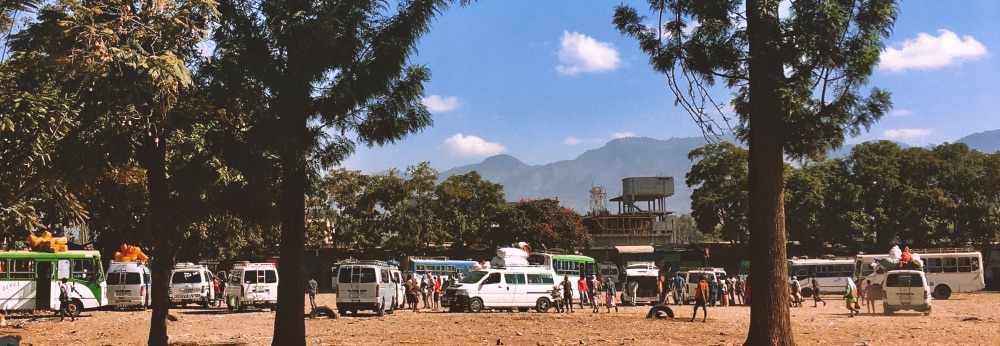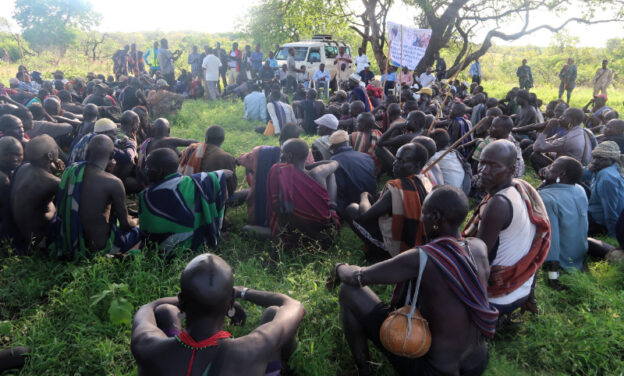Lucie Buffavand
20 November 2025,18:00 CET (registration see below)
The “local turn” in peacebuilding practice and research rests on the premise that locally owned peace is more sustainable than peace imposed by external actors. In this spirit, literature on pastoralist conflicts in Eastern Africa has often approved states’ endorsement of customary law over the past few decades as a successful means of maintaining peace. In the lowlands of Kenya, Uganda and Ethiopia, pastoralist representatives have adopted a number of Declarations or Resolutions which, among other things, stipulate a system of compensation in livestock in cases of inter-group homicide. Yet a crucial point in these Declarations remains rarely questioned – and even though authors often note that the largely shared practice of “covering the killer” impedes peace processes: the identification of the killer to the authorities, and thus the individualization of responsibility in inter-group homicides, often runs counter to customary law.
In this presentation, I examine the individualization of accountability in wars between Me’en and Mun (also known as Bodi and Mursi) from a historical perspective. The Me’en and Mun are neighbouring agro-pastoralist groups of the Lower Omo Valley, numbering about 15,000 people each, who have been at war about every 25 years over the last hundred years. During peaceful periods, inter-group killings are settled through the payment of compensation to the victim’s family; wars are ended by means of a peace-making ceremony, without compensation. Since the 1970s, the Ethiopian state has gradually interfered in these processes. When war between the Me’en and Mun broke out in 2023, a series of state- or NGO-sponsored peace meetings revealed that much has changed in how the state governs this periphery since the last Me’en-Mun conflict of 1997-2000. The state now brands the warriors as criminals, when Me’en and Mun think of themselves as fighting a war of self-defense. The development of a sugar-cane plantation along the Omo River since 2011 has placed security high on the local government’s agenda. Whereas previous administrations favored the settlement of peace without arrests, the current one insists on the arrest of all killers. Meanwhile, failure to reveal the killers’ identity is met with threats of collective punishment – threats that have been carried out in the recent past. I explore these seemingly contradictory, but in this case inseparable processes – the individualization of accountability for homicide and the collectivization of punishment – as a specific mode of governance.
Lucie Buffavand (PhD) is a social anthropologist, currently affiliated with the Institut des Mondes Africains. She has conducted most of her field research among the Mela (Me’en), an agro-pastoral people of the Lower Omo Valley (Ethiopia). She has focused on identity formation, place-making practices, villagization, state-building, religious representations and material culture. She now investigates ethno-nationalist movements in Ethiopia’s former South Omo zone. Her latest publications include: “Road to Violence: Land Alienation, Road Deaths and State Making in the Lower Omo Valley, Ethiopia”, Nomadic Peoples, 2025, vol. 29, p. 256–277.
Registration by Email

